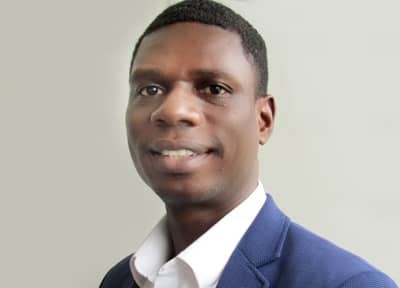A Nigerian scholar and researcher at the University of Massachusetts Dartmouth, Kolawole Kushimo, has called for education systems to be redesigned to promote inclusion, trust, and equity, particularly in science, technology, engineering, and mathematics (STEM).
Speaking on the need to connect educational outcomes with broader social development, Kushimo said education must go beyond imparting technical skills to building social cohesion and collaboration among learners from diverse backgrounds.
Kushimo, who is recognised for his research in STEM education and inclusive learning, said education remains central to bridging inequality and fostering unity in increasingly diverse societies. He noted that technological advancement without social inclusiveness risks deepening divisions rather than reducing them.
He stated: “Education must be seen not just as a tool for personal advancement, but as a collective instrument for building trust, equity, and sustainable development. Our approach to learning must ensure that no one is left behind, regardless of background or identity.”
Kushimo’s research focuses on how inclusive education can empower communities and prepare students for the evolving demands of the global workforce. His studies explore how educational policies and teaching methods can address issues of representation and access in STEM disciplines, which have historically seen wide gaps in participation across gender, class, and race.
According to him, equitable access to STEM education is crucial for long-term innovation and stability.
“When education is designed to include all voices, societies become more resilient and creative,” he said. “Innovation thrives where there is diversity of thought and equal opportunity.”
Colleagues describe Kushimo’s approach as both scholarly and practical, combining theoretical insight with policy relevance. His work proposes frameworks for integrating cultural and social understanding into educational design, ensuring that schools and universities produce not only competent professionals but also socially conscious citizens.
He also stressed the importance of reforming education to strengthen trust between institutions and communities.
“For societies to thrive, education must foster empathy, shared purpose, and responsibility,” he said. “It should not be a privilege for a few but a right that empowers everyone to contribute meaningfully to the collective good.”
As countries rethink their education systems amid technological change and social fragmentation, Kushimo’s work offers a model for how academic institutions can lead in shaping equitable and inclusive futures.
He concluded that inclusive education, particularly in STEM, remains vital for achieving global cooperation and sustainable progress.
“The future of education,” he said, “lies in how well we can use learning as a bridge between cultures, between communities, and between generations.”






